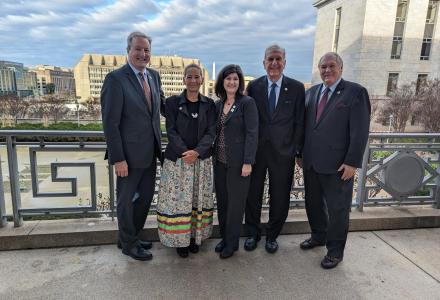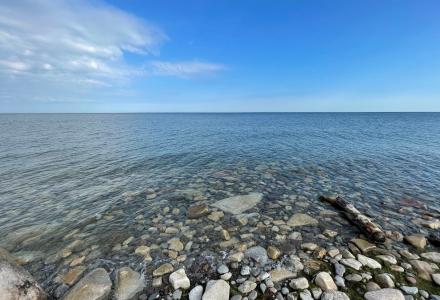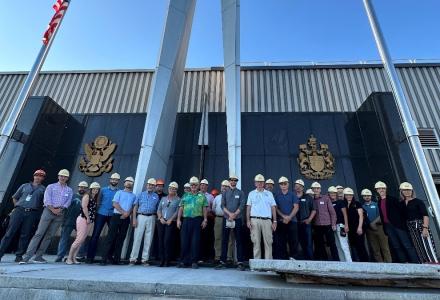
A new Blueprint for the Great Lakes Observing System (GLOS) will guide its activities for the next five years.
GLOS is a binational nonprofit that collects and aggregates existing physical, chemical, biological and geospatial data about the Great Lakes and St. Lawrence System from its partner organizations and makes that information accessible to the public. Its outreach programs include a Great Lakes Boaters’ Forecast, curriculum development through Great Lakes Lessons, and engaging citizen scientists through the National Geographic Great Lakes FieldScope.
The Blueprint, for 2016-2020, was developed by the GLOS board, staff and members. The strategic plan outlines function areas including data management, outreach, observations, modeling and tools, and focus areas including public health and safety, ecosystem health, maritime operations and climate adaptation.

From an introductory guide to FieldScope.
The new GLOS Blueprint was a focus of the organization’s 2014 Annual Meeting on Nov. 17-18 in Ann Arbor, Michigan. Two of the plan’s function and focus areas --- data management and climate adaptation --- complement and enhance activities of GLOS and the IJC’s role in the Great Lakes Water Quality Agreement. Annex 9 of the Agreement covers climate activities, while Annex 10 encompasses science and data management.
GLOS is a regional node of the National Oceanic and Atmospheric Administration’s Integrated Ocean Observing System (IOOS), and works to ensure that IOOS initiatives address Great Lakes regional priorities. GLOS members, including universities, public agencies and individuals, help bring additional federal resources into the region via a range of pathways including funding opportunities from IOOS.
GLOS also supports observing activities that fill identified gaps in the region and enhance existing programs, including a nearshore network of buoys that provide critical real-time information for under-observed areas, and improvements in remote sensing algorithms used in identifying harmful algal blooms from satellite imagery.
Members presented at this year’s Annual Meeting, sharing their plans for working with GLOS as the organization prepares to submit its 2016-2020 IOOS Proposal.
GLOS members include the IJC and:
- Conservation Ontario
- Great Lakes Commission
- Great Lakes Research Consortium, SUNY-ESF
- Great Lakes St. Lawrence River Cities Initiative
- MTRI, Michigan Technological University
- Regional Science Consortium
- University of Michigan Water Center
- University of Minnesota Duluth, Large Lakes Observatory
- University of Wisconsin - Milwaukee School of Freshwater Sciences, Great Lakes WATER Institute
- U. S. Geological Survey - Midwest Region.
More information the Great Lakes Observing System is available online at www.glos.us.

A screenshot of the GLOS Data Portal, showing water surface temperatures.

Kelli Paige Acting Executive Director Great Lakes Observing System




